Why are we running this project?
What are our goals?
How does the project work?
Good to know
Who organizes and supports the project?
The School for Peace is an educational peacebuilding organisation situated in the village Wahat al-Salam ~ Neve Shalom, a Jewish Palestinian village founded in 1979. The School for Peace facilitates dialogue, academic and professional courses for Jewish and Palestinian adults, students, and youth. So far, over 65,000 Jewish and Palestinian participants have participated in the courses and workshops, and over a thousand facilitators have been trained, who today lead various organizations dealing with political and social change.
Citizens for Environment was one of the first environmental organizations in Israel. Established in 1990 by the residents of the Galilee, its aim is to work together to preserve the environment, natural resources and public health in the area. The association works together with the residents to protect the environment and people from hazards through promoting public awareness of environmental and climate issues. The organisation does that through encouraging and training active environmental leaders, assisting in civil enforcement, collecting and publishing information and promoting environmental legislation and policy.
As part of the project's framework, we will engage with grassroots organizations, Arab local authorities, and local environmental activists.


